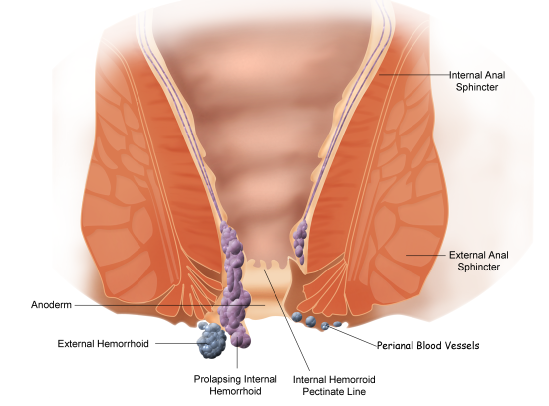 CONTACT US
CONTACT US
Dr Nico Coetzee
Dr Nico Coetzee
Dr Coetzee specializes in Laparoscopic and Open surgery including certain areas of Surgical Oncology
Dr Coetzee specializes in Laparoscopic and Open surgery including certain areas of Surgical Oncology
Dr Coetzee joined the Medi Clinic group at Somerset West in 2009..Previously active and involved in the evolution of Laparoscopic Surgery as a participant and as an educator at Tygerberg Hospital in the Western Cape.
Dr Nico Coetzee
Dr Coetzee specializes in Laparoscopic and Open surgery including certain areas of Surgical Oncology
Dr Nico Coetzee
Dr Coetzee joined the Medi Clinic group at Somerset West in 2009..Previously active and involved in the evolution of Laparoscopic Surgery as a participant and as an educator at Tygerberg Hospital in the Western Cape.
Dr Coetzee joined the Medi Clinic group at Somerset West in 2009..Previously active and involved in the evolution of Laparoscopic Surgery as a participant and as an educator at Tygerberg Hospital in the Western Cape.
Dr Nico Coetzee
Haemorrhoids -
Haemorrhoidectomy
Before you agree to have your operation to treat haemorrhoids (otherwise known as piles) it may be useful for you to learn all you can about haemorrhoidectomy. The information here is a guide to common medical practice. Each hospital and doctor will have slightly different ways of doing things when performing a haemorrhoidectomy, so you should follow their guidance where it is different from the information given here. Because all patients, conditions and treatments vary it cannot cover everything. Use this information when making your choice of treatment for haemorrhoids (piles) with your doctors. You should mention any worries you have. Remember that you can ask for more information at any time.
 What is the problem?
What is the problem?
You are suffering from haemorrhoids, which are commonly known as piles. They have not improved with more simple treatments. You now need an operation for them.
What are piles?
Piles are loose lining skin in the anus. They may bulge out (prolapse) through the ring muscle, called the anal sphincter, which holds the back passage shut.
They contain big blood vessels, which can clot up giving pain or bleeding. The loose skin can produce irritating swellings and a discharge of slimy mucus. Tightness (spasm) of the sphincter muscle can make piles worse.
At operation, the piles are tied and trimmed off. The wounds heal up within a week or two. The aims are to remove your piles and make sure they do not come back. At the same time, there should be no damage to your sphincter muscle, to avoid loss of control of your motions and wind. The operation should remove the piles tissue, and stop any bleeding, clotting and discharge of mucus. The tests we do should also rule out any other causes for these symptoms.
Are there any alternatives?
By this stage, you have probably tried all the more simple treatments without success. These include injections, nipping or banding the piles with little rubber rings and freezing the piles.
Simple stretching of the sphincter muscle to reduce any tightness works well for a single bad attack of clotting piles. It is not so good for piles that are dropping down beyond the sphincter or for skin tags. There is a risk of damage to bowel control after stretching. Sometimes lasers are used to remove the piles instead of the usual scalpel. This is often just a personal choice of the surgeon.
What if you do nothing?
If you do nothing, the piles will stay about as troublesome as they are now or get worse. They will not get better unless they happen during pregnancy, when they should improve after the baby is delivered. You may think your symptoms are coming from the piles, but they may really be caused by something else, higher up in the bowel. If you do nothing, you could miss out on important treatment.
HAEMORHOIDECTOMY


